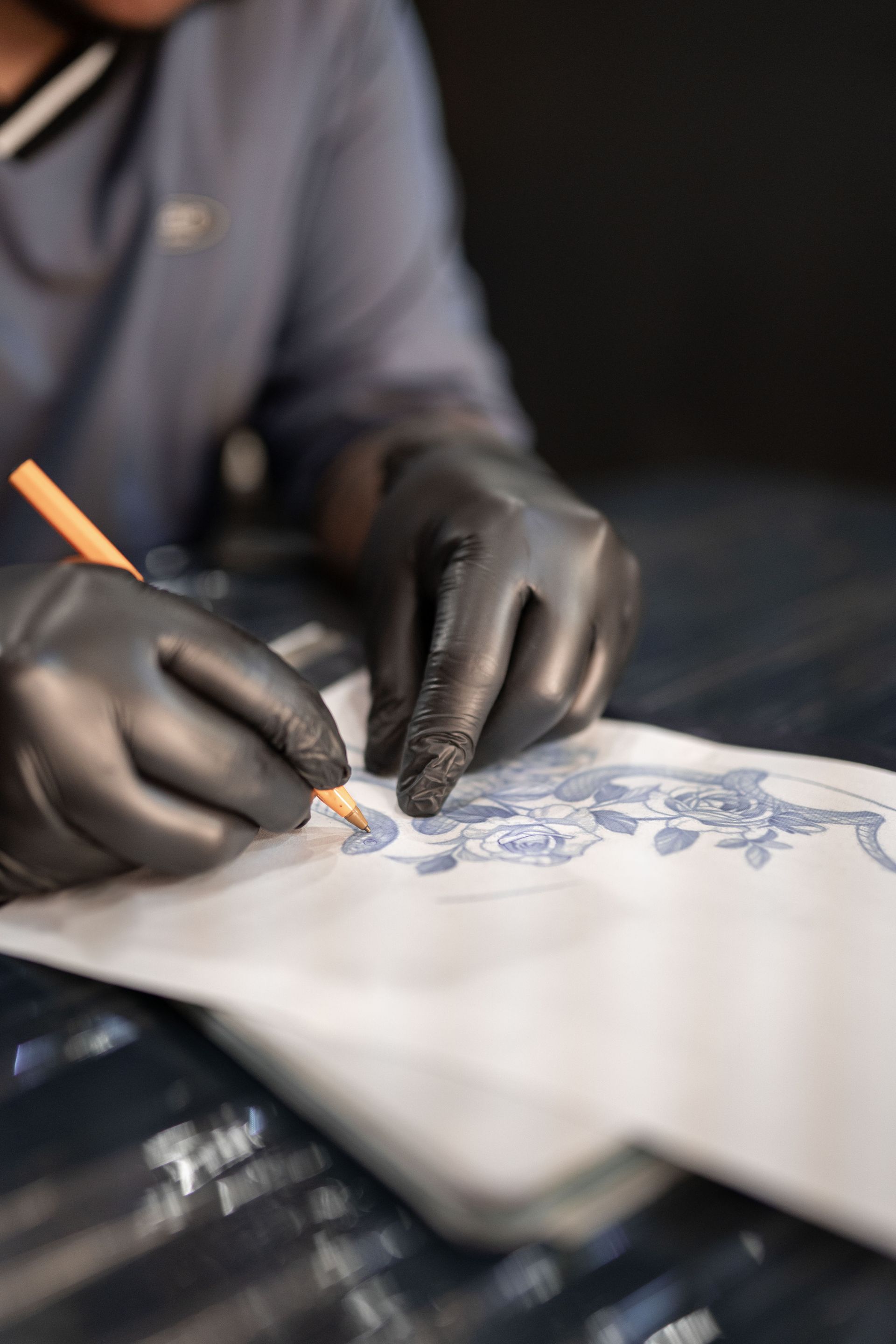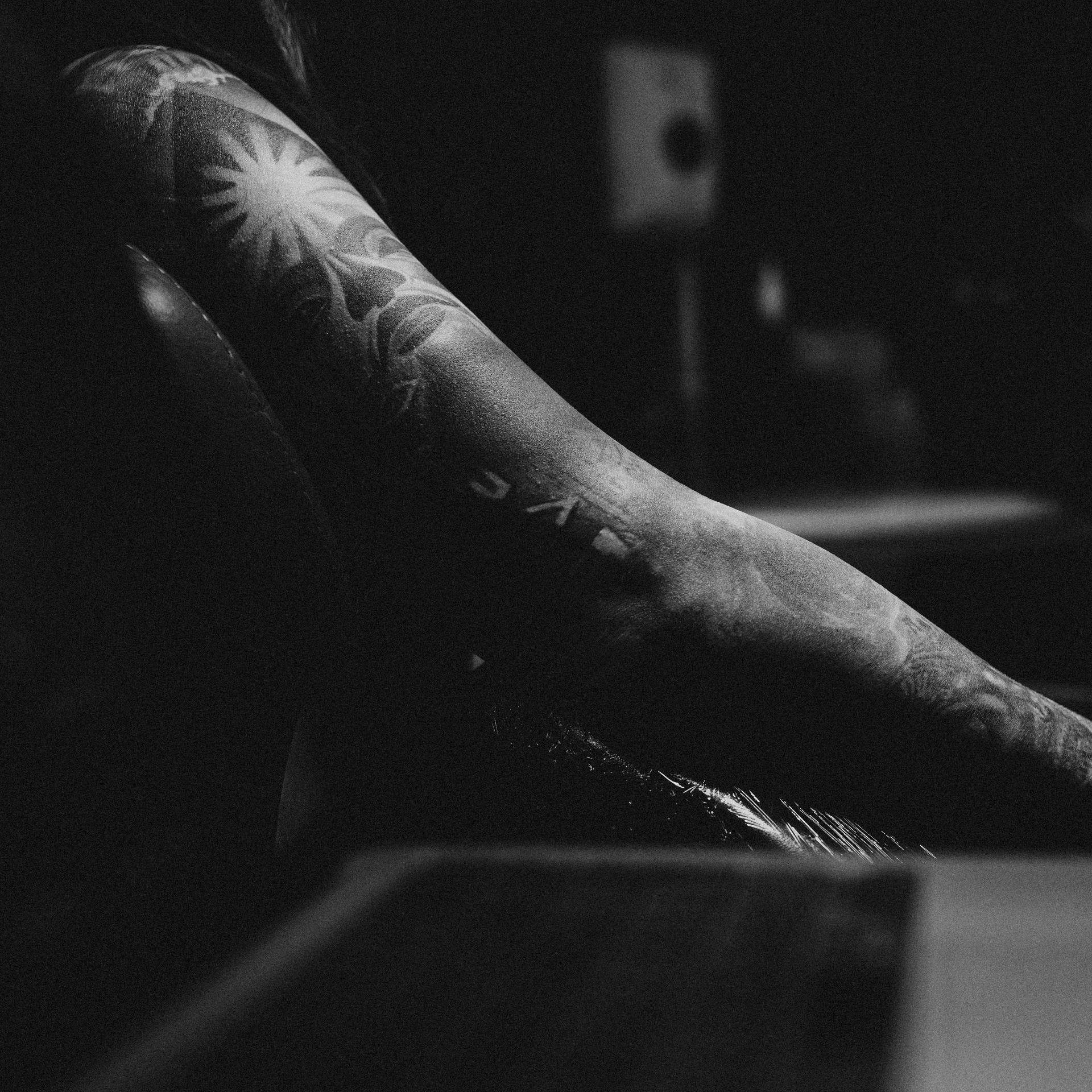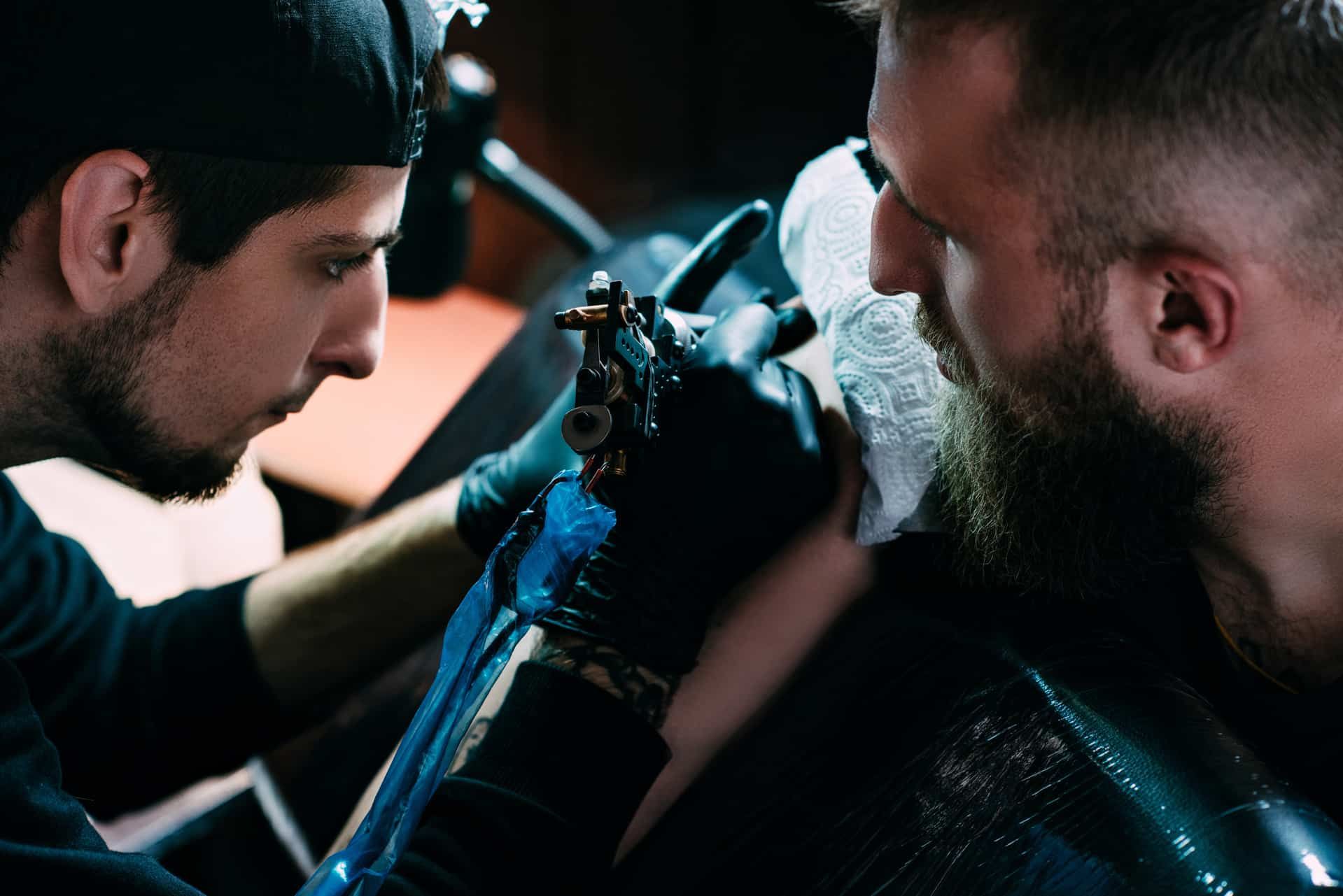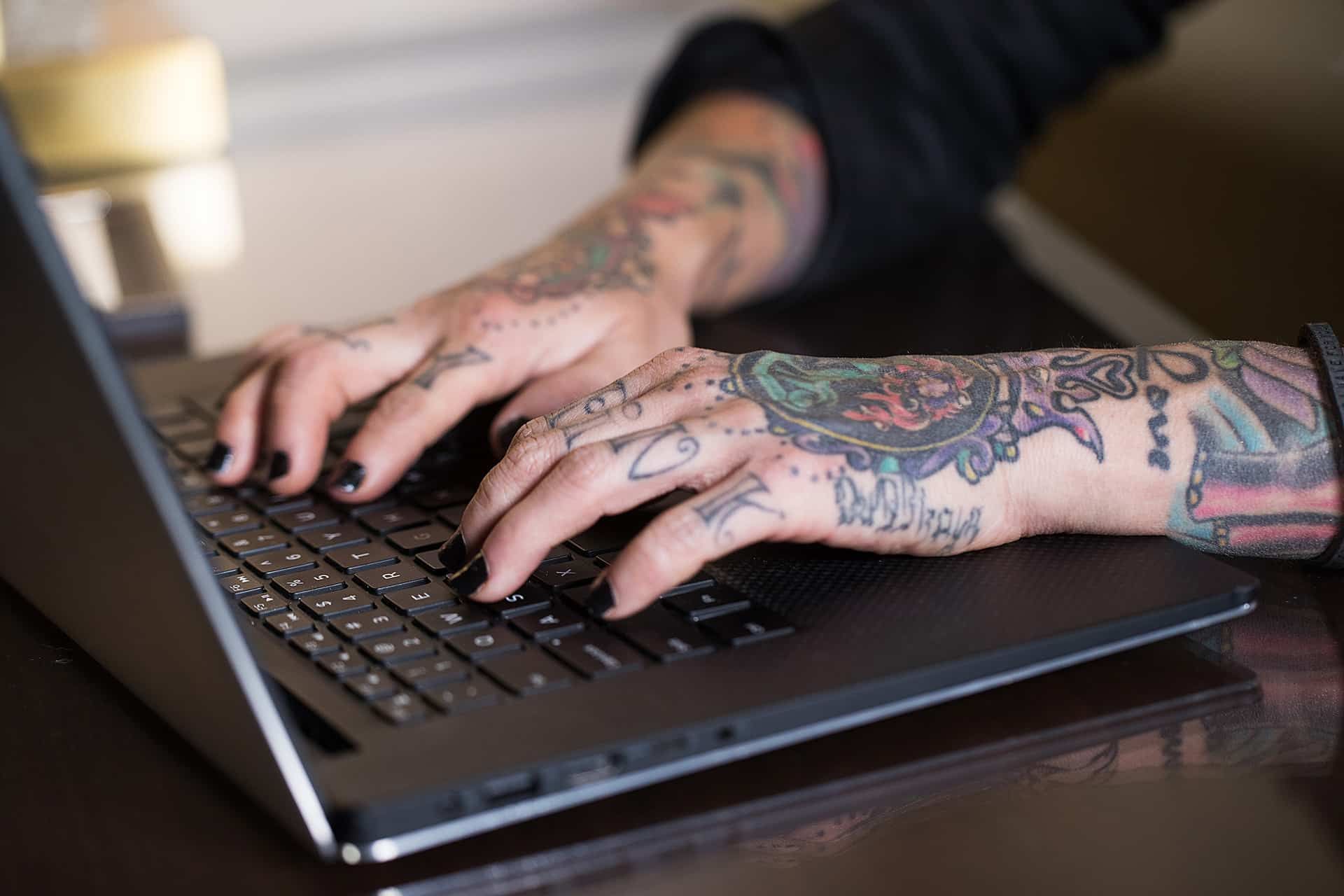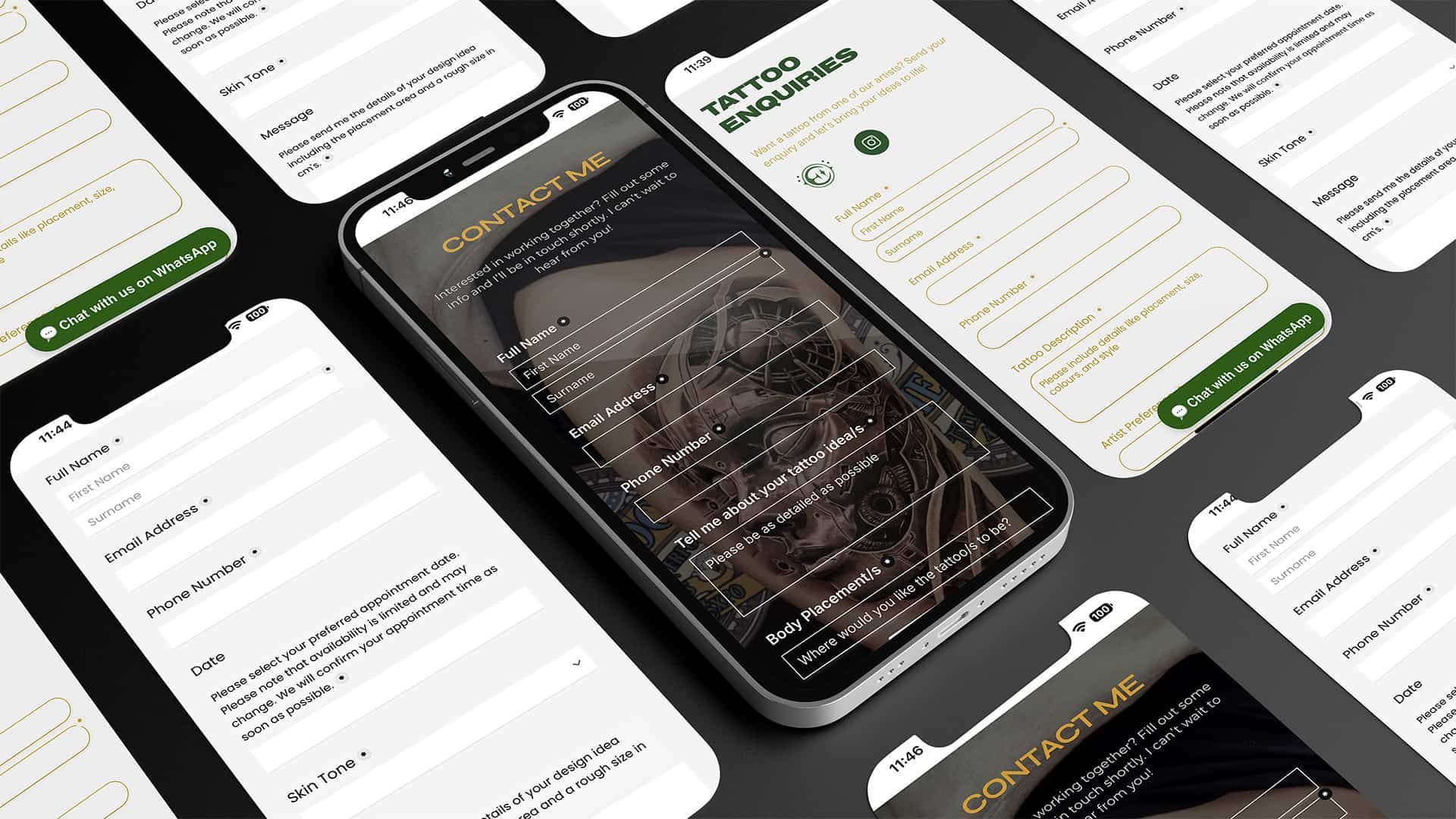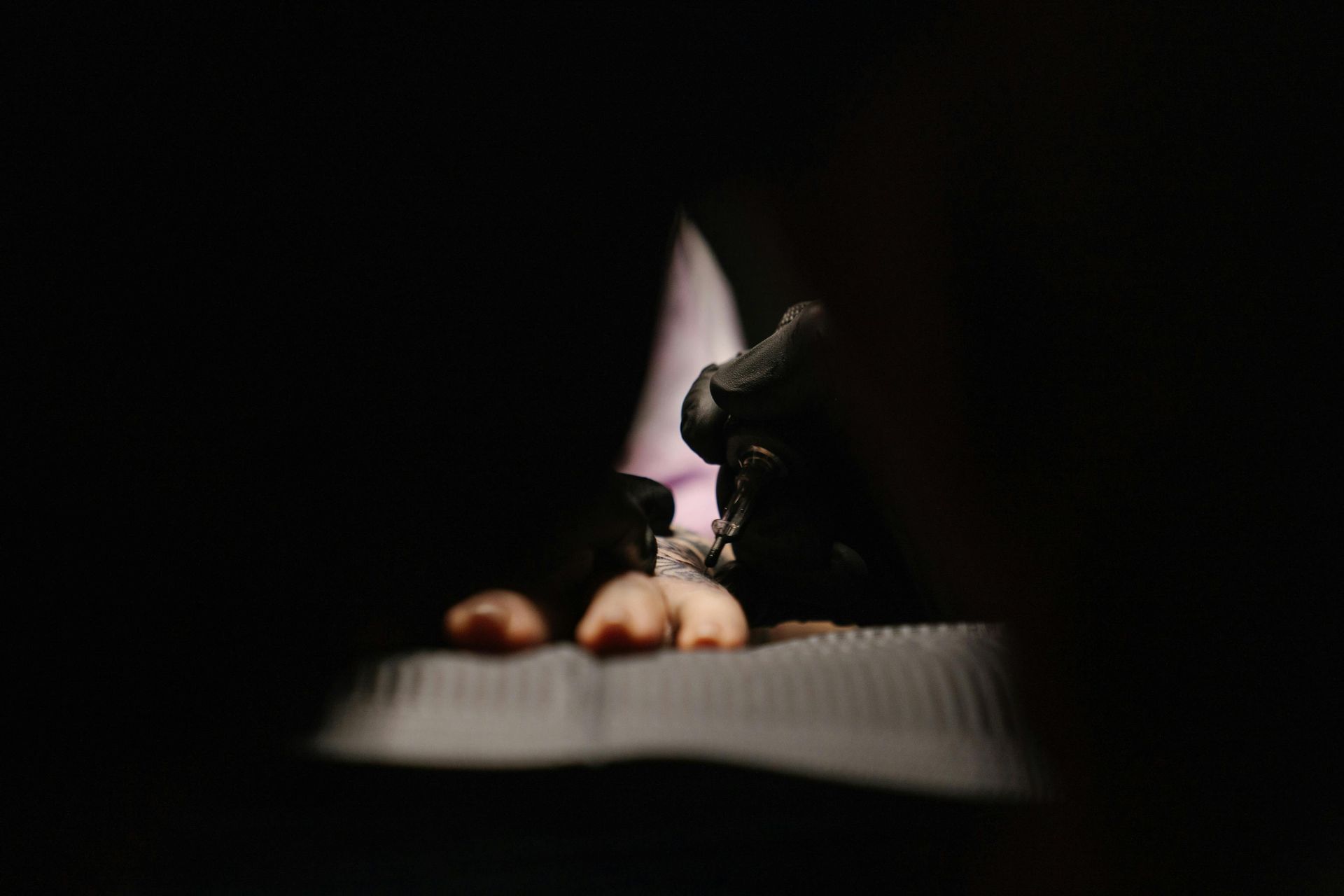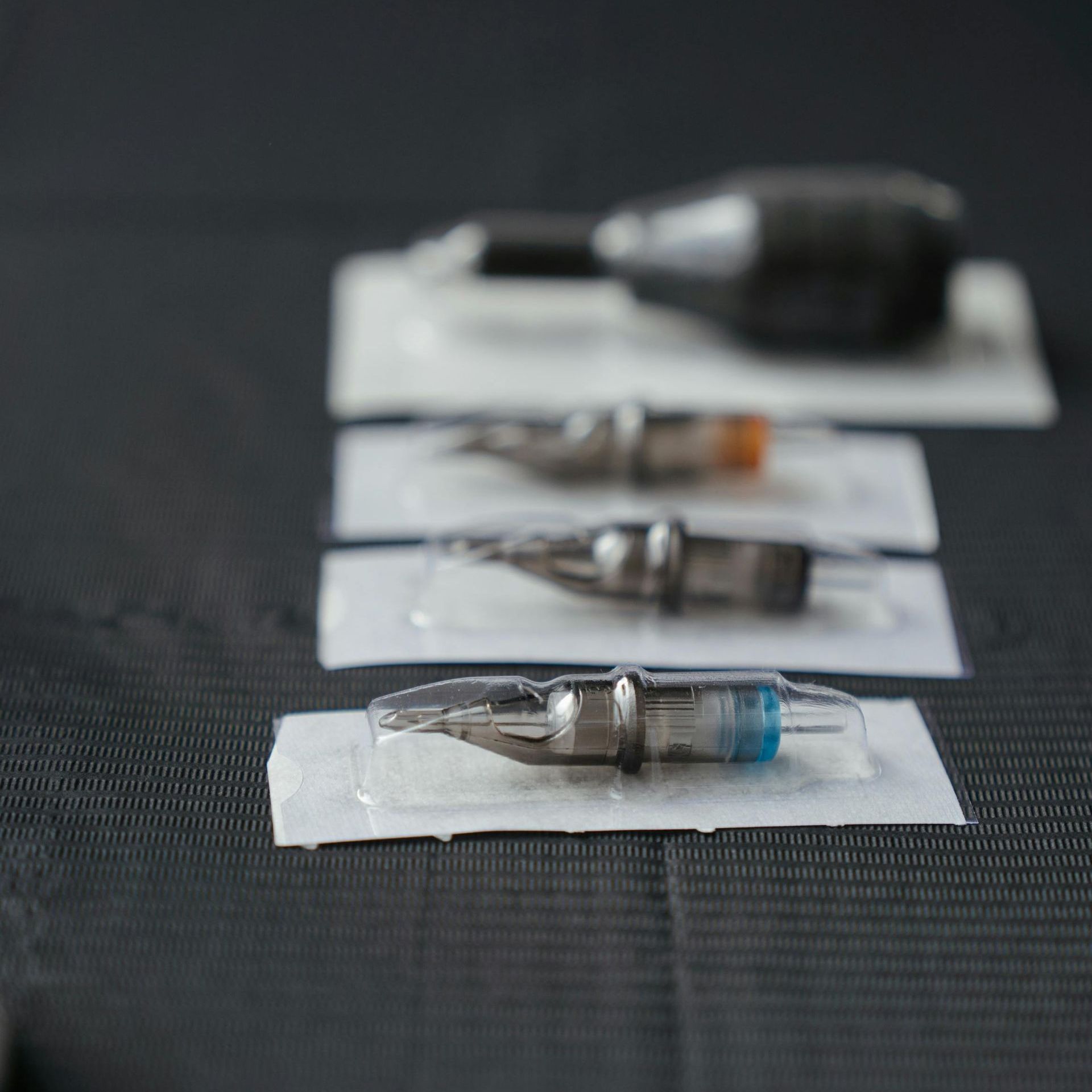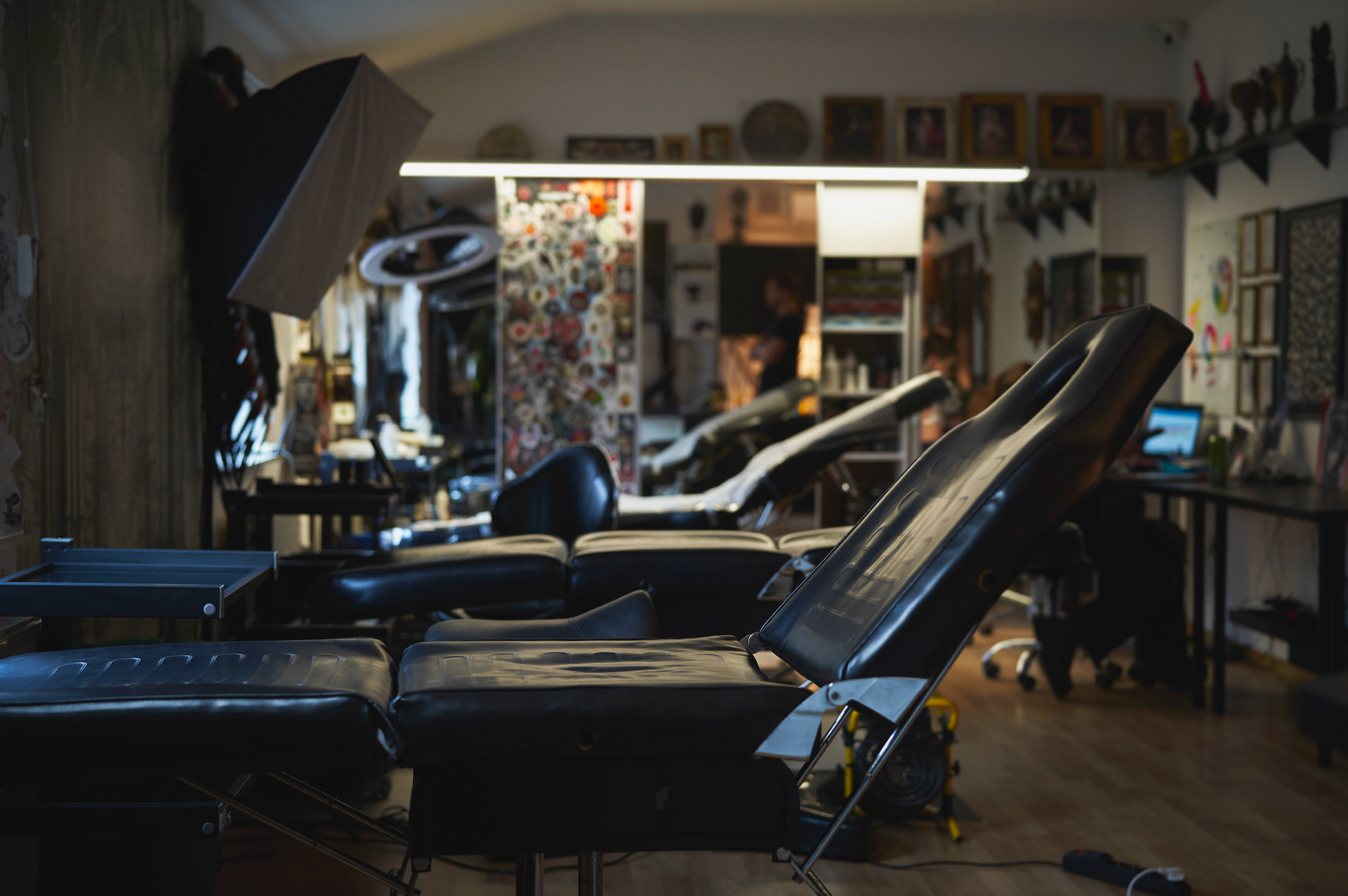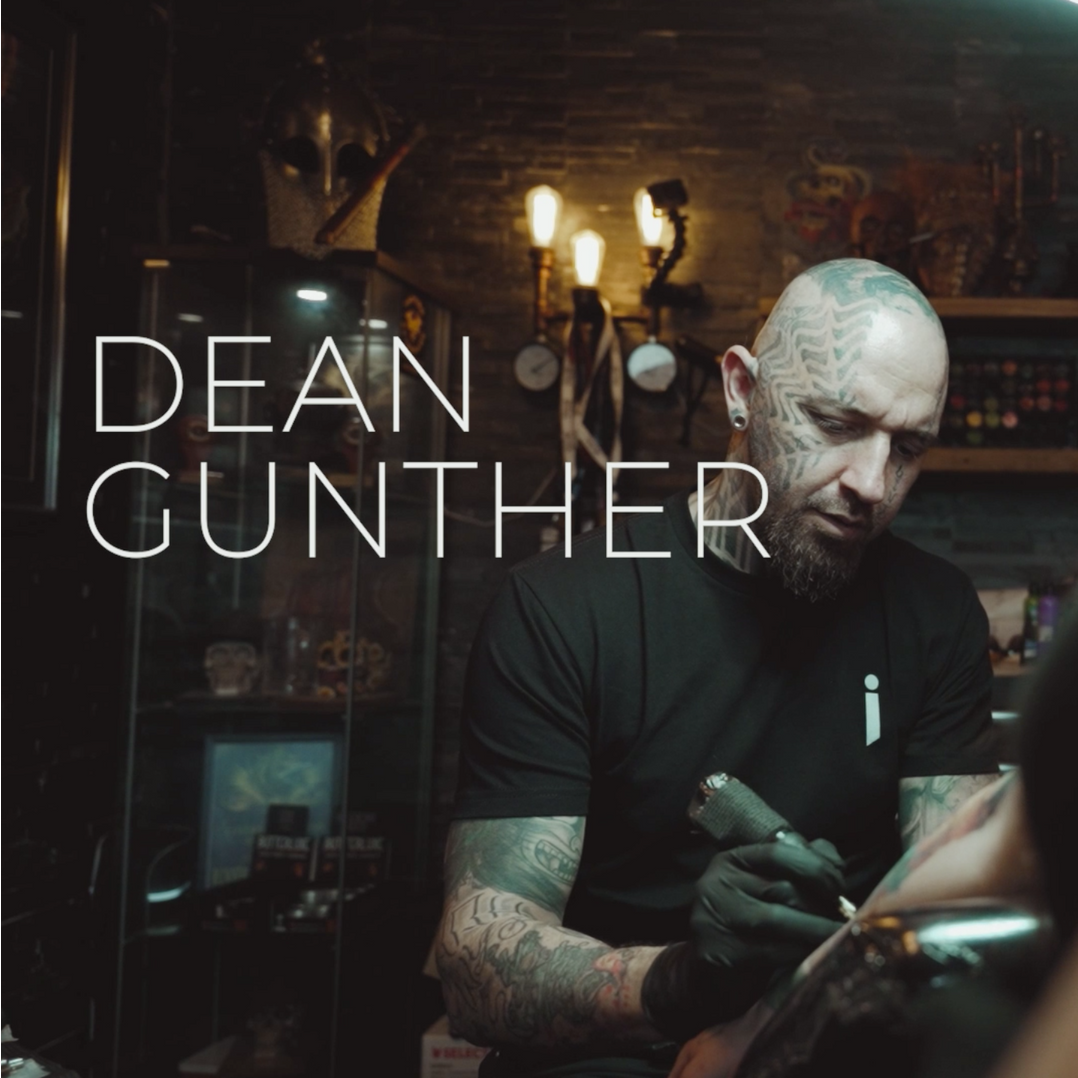10x Your Ad Conversion Rate: A Q&A Guide to Google Remarketing for Tattoo Artists and Studios
Are you running paid ads for your tattoo business? If so, pause them immediately and read our latest weekly blog to see how you can improve your conversion rate by up to 10x.

Q: "What is Google Remarketing, and how can it benefit tattoo artists and studio owners in the digital landscape to generate more clients?"
A: "Google Remarketing (retargeting) is an effective online advertising strategy that focuses on reaching users who have previously engaged with a website or specific content. For tattoo artists and studios, it's a tool for reconnecting with potential clients who have demonstrated an interest in their services, thereby increasing the likelihood of conversion. Retargeting has the potential to significantly boost ad engagement rates by up to 400%. Additionally, the click-through rate (CTR) for retargeted users on the display network is 180.6% higher, and on average, a retargeting campaign performs nearly 10 times better than a regular display ad campaign."
Q: "How does Google Remarketing benefit me as a tattoo artist or studio owner?"
A: "Remarketing is a dynamic marketing tactic that will enable tattoo artists and studios to re-engage with users who have previously expressed interest and intent (such as visiting their website), bolstering their presence in the minds of potential customers. It's share of mind, not share of market that really counts. Remarketing also provides personalised messaging, which would allow you to create ad content tailored to users' interactions, delivering customised messages aligned with their specific interests and preferences to increase conversions and bookings."
Q: "What role does audience segmentation play in optimising Google Remarketing for tattoo studios?"
A: "Audience segmentation is crucial when it comes to keeping things personal to your audience. It enables you to target specific customers based on their specific interactions and interests. You need to establish segments based on user actions, like people who visited the portfolio page or initiated contact. You need to know this, to be able to offer personalised messaging in your ads. The more personal it is, the higher your conversion rate is going to be. Develop personalised ads for each segment, ensuring relevance and resonance with your potential client's specific interests."
Q: "How can tattoo artists set up effective audience lists for Google Remarketing?"
A:
"There are a few engagement tiers we tend to use. The first one is:
Website visitors: Create a general audience list for all website visitors.
The second list audience list should be based on:
Specific pages: Segment users who visited specific landing pages, like the portfolio or contact page.
The third list is:
Engagement actions: Target users that have engaged with certain elements, such as filling out a contact form or spending a certain amount of time on the site."
Q: "What types of ads work well for Google Remarketing in the tattoo industry?"
A: "Portfolio based ads tend to be the most common. This is where you create an ad with your best work to remind potential clients that showed interest how great you are. You will reignite interest and you will tailor the quality of the enquiries you get.
The second type is my personal favourite:
Special offer based ads: Highlight exclusive offers, promotions or discounts for individuals who have previously expressed interest but may not have booked in with you yet. I'll give you a hypothetical example: You're a well-rounded artist that tattoos multiple different styles but you want more bookings for say, realism. you should first of all separate your portfolio into different landing pages on your website, based on each style, crucially you need to make sure you create a page just for realism tattoos. From there, it would be wise to create a remarketing ad for anyone that has visited your realism page and from there, you can create a campaign that mentions things like 'Get 20% off realism tattoos' or 'Priority bookings on realism tattoos' etc as a way to generate higher quality, more refined leads"
Q: "How can tattoo artists measure the success and ROI of their Google Remarketing campaigns?"
A: "Conversion tracking. Simple as that. Conversion tracking is the most obvious answer and the most important thing you could possibly do to track measure the success of any campaign. In simple terms, to do this, you create a conversion action, generate a code snippet based on that goal and embed the code into your website. You can set up conversion tracking to measure specific actions, such as enquiry form submissions, calls from your website or booking requests.
After that, you will then be able to:
Analyse your ROI. Evaluate the return on investment by comparing the cost of the campaign to the revenue generated from converted leads."
In closing, Remarketing is generally considered to be an imperative part of any digital marketing strategy. Google Remarketing specifically will put you or your studio back in front of your most interested potential clients across Google's vast partner network of over 2 million websites, videos, and apps where your ad can appear. It's outside of social media and the cost per click and cost per conversion tends to be very low in comparison to social media ads for tattoo artists and Google search ads for tattoo artists. Remember, most people statistically do not enquire/book/purchase the very first time they see an ad. Generally, sponsored ads are largely pretty speculative. But Remarketing is something that should be looked at as a way of justifying any prior investments you have made in any of your previous sponsored ads. You're retargeting the potential customers that expressed the most interest, took action on your landing page and displayed actual booking-intent but may not have booked in yet. By leveraging audience segmentation, strategic calls-to-action and performance analytics, tattoo artists studios can achieve a high return on investment and ensure a higher volume of long-term connections with your audience.
If you're a tattoo artist or studio owner and you want a high-converting Google Remarketing campaign, we're here to help. Our talented, dedicated team will take care of every step of the process for you. As always, you focus on the tattooing, we'll focus on the complicated but essential marketing stuff.
If you got value from this blog, please consider sharing it with your fellow tattoo artist friends. I know we're the tattoo industry's best kept secret and all of that.. but seriously, we're here to serve the tattoo industry by helping artists and studios grow their client-bases and we'll be able to help more people, quicker, if they know we're here to help them.
Don't forget to join our mailing list today for free today to receive exclusive offers, free tips and tricks straight to your inbox.
Schedule a 1-to-1 digital marketing consultation with me (Max) by clicking the link below:

